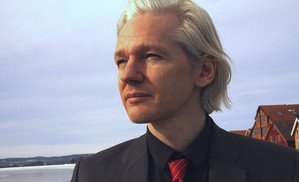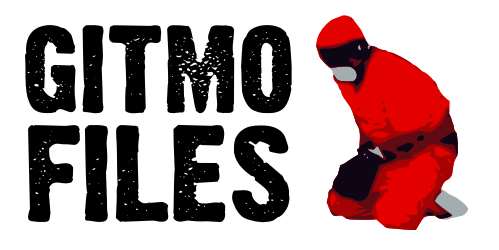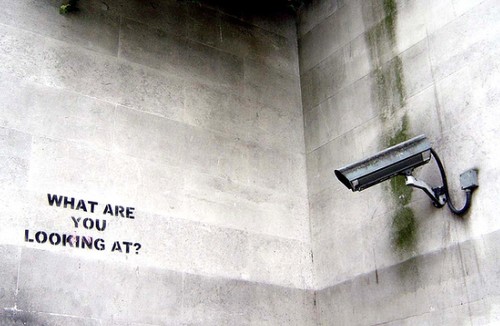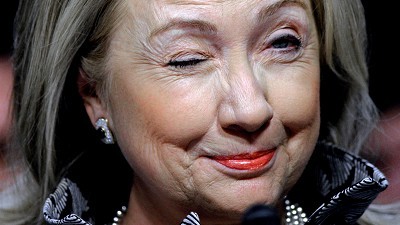 WikiLeaks founder Julian Assange has been awarded the 2011 Martha Gellhorn Prize for Journalism.
WikiLeaks founder Julian Assange has been awarded the 2011 Martha Gellhorn Prize for Journalism.
The prize is awarded annually to a journalist whose work has “penetrated the established version of events and told and unpalatable truth that exposes establishment propaganda, or ‘official drivel’, as Martha Gellhorn called it.”
Gellhorn, who died in 1998, was a well-known war correspondent and author.
The judges voted unanimously for Assange, claiming that he “represents that which journalists once prided themselves”.
“WikiLeaks has been portrayed as a phenomenon of the hi-tech age, which it is. But it’s much more. Its goal of justice through transparency is in the oldest and finest tradition of journalism.
“WikiLeaks has given the public more scoops than most journalists can imagine: a truth-telling that has empowered people all over the world.
“As publisher and editor, Julian Assange represents that which journalists once prided themselves in – he’s brave, determined, independent: a true agent of people not of power.”
This year’s judges were: Dr Alexander Matthews, John Pilger, James Fox, Shirlee Matthews, Cynthia Kee and Jeremy Harding.
Journalist and author Pilger has been a vocal advocate of Assange and WikiLeaks for some time, and offered surety at Assange’s recent bail hearing over sex assault charges leveled against him in Sweden.
WikiLeaks has been criticised for publishing material with the potential to put the lives of informants at risk, but speaking to Journalism.co.uk after the prize announcement Pilger defended the group’s record:
“The Pentagon has said there is no evidence that anyone has died as a result of the WikiLeaks revelations (McClatchy Newspapers). Secretary of Defence Robert Gates in a letter to Congress said, ‘No sensitive intelligence sources has been compromised [as a result of the WikiLeaks disclosures].’ The Nato spokeperson in Kabul told CNN that it could not find ‘a single person who needs protecting [as a result of the WikiLeaks leaks]’.”
Assange is currently staying at the Norfolk home of journalist Vaughan Smith under the terms of his bail.
Three other journalists were awarded a Martha Gellhorn Special Award for Journalism to at this year’s ceremony:
Judges said that the work of Pakistani journalist Umar Cheema in exposing official corruption was “simply astonishing”.
“He has been harassed and tortured, yet he keeps going. This is journalism at its most compelling and courageous.”
According to the Martha Gellhorn Trust, Cheema could not attend the ceremony in London because the UK High Commission in Islamabad refused to expedite his visa in time.
The other Special Award winners were Charles Clover, Moscow correspondent of the Financial Times and Jonathan Cook, an independent journalist based in Nazareth.
Judges praised Clover for a “meticulous, insightful and brave” investigation into far-right gangs in Russia and their links to the government.
Cook’s work on Palestine and Israel was said to have made him “one of the reliable truth-tellers in the Middle East”, the judges said.
Last year’s award was won by Independent columnist Johann Hari.
Previous winners include: Michael Tierney of the Glasgow Herald, Robert Fisk, Patrick Cockburn, and Geoffrey Lean of the Independent, and Ghaith Abdul Ahad, Chris McGreal, and Nick Davies of the Guardian.
WikiLeaks most recent release was a trove of secret files on prisoners at Guantánamo Bay. The Guantánamo files were published in the UK in conjunction with the Telegraph, which was criticised for making the full cache available through its website, including a report that may have broken the PCC editors’ code of practice in naming a victim of a sexual assault under the age of 16.
Image by espenmoe on Flickr. Some rights reserved.
Author : Joel Gunter, Online Journalism News UK




































